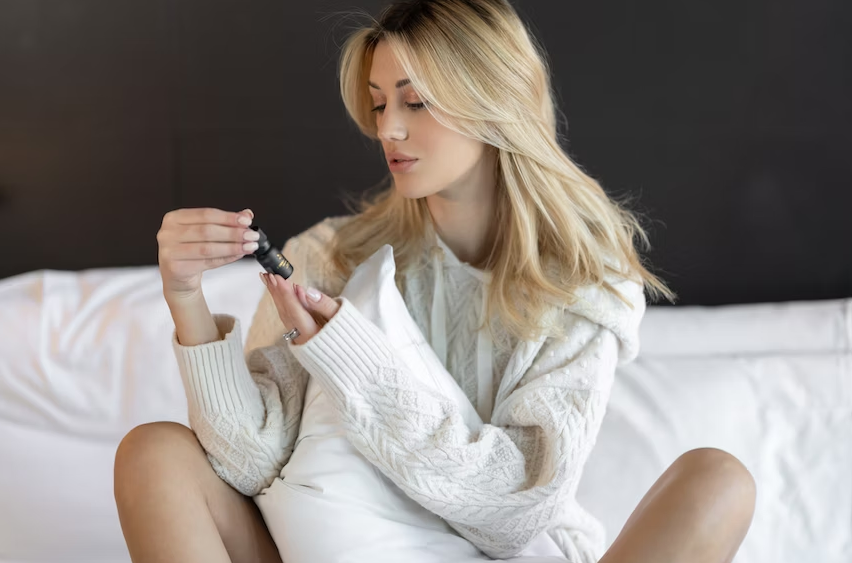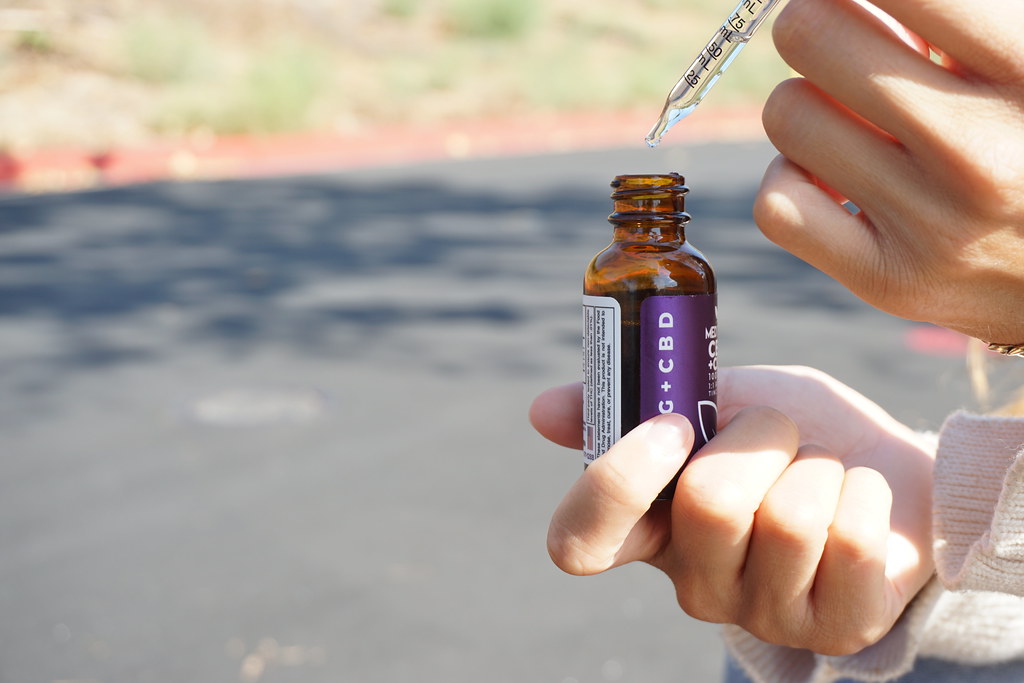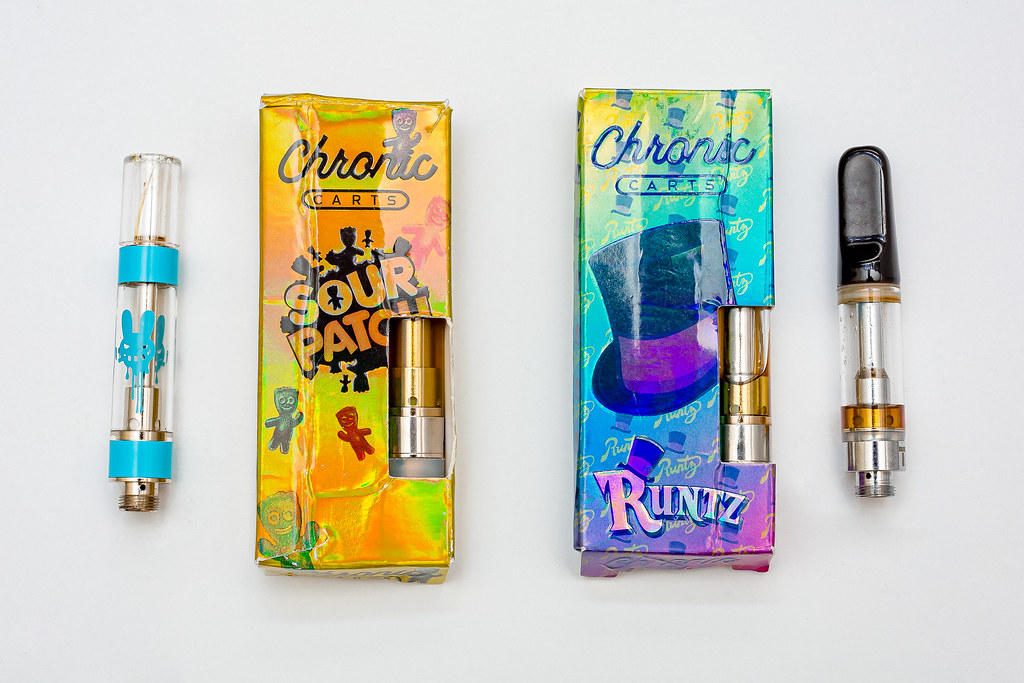
CBD and Sleep: How Cannabidiol Can Improve Your Nighttime Routine
Introduction
Sleep plays a crucial role in our overall health and well-being. It’s during sleep that our bodies repair, restore, and rejuvenate themselves, preparing us for the challenges of the next day. However, for many people, getting a good night’s sleep can be a constant struggle. Stress, anxiety, and various other factors can disrupt our sleep patterns, leaving us tired and irritable during the day. This is where CBD, short for cannabidiol, comes into the picture. In this article, we will explore how CBD can improve your nighttime routine and promote better sleep.
The Science behind CBD and Sleep
CBD is one of the many cannabinoids found in the cannabis plant. Unlike its counterpart THC, CBD is non-intoxicating and does not produce a “high.” Instead, it interacts with the body’s endocannabinoid system (ECS), a complex network of receptors and chemicals that helps regulate various bodily functions, including sleep.
Studies have shown that CBD can have a positive impact on sleep by addressing the underlying causes of insomnia and promoting relaxation. CBD interacts with the ECS to regulate sleep-wake cycles and reduce anxiety, leading to a more restful and rejuvenating sleep experience.
CBD and Sleep: How It Works
CBD influences sleep through several mechanisms. Firstly, it interacts with receptors in the brain and central nervous system that regulate the sleep-wake cycle. By modulating these receptors, CBD can promote a state of calmness and relaxation, making it easier to fall asleep and stay asleep throughout the night.
Secondly, CBD has been found to reduce anxiety and stress, two common culprits behind sleep disturbances. Chronic stress can lead to an overactive mind and increased cortisol levels, which interfere with sleep. CBD’s anxiolytic properties help calm the mind and promote a sense of tranquility, allowing for a more peaceful sleep experience.
Using CBD for Sleep: Best Practices
When incorporating CBD into your nighttime routine, it’s essential to follow best practices to maximize its benefits. Here are some tips to help you get started:
1. Start with a Low Dose
Begin with a low dose of CBD and gradually increase it as needed. Everyone’s body is different, so finding the right dosage may require some trial and error. It’s always advisable to consult with a healthcare professional before starting any new supplement.
2. Choose a High-Quality Product
Ensure you select a high-quality CBD product from a reputable manufacturer. Look for products that are third-party tested for potency and purity. This ensures that you are getting a safe and effective product without any harmful contaminants.
3. Consider the Delivery Method
CBD is available in various forms, including oils, capsules, edibles, and topicals. Consider your personal preferences and choose a delivery method that suits your lifestyle and needs. For faster effects, sublingual oils or vape pens may be more suitable, while capsules offer convenience and precise dosing.
4. Establish a Nighttime Routine
Create a relaxing nighttime routine that incorporates CBD. This can include activities such as taking a warm bath, practicing meditation or deep breathing exercises, and enjoying a cup of herbal tea infused with CBD. These rituals can signal to your body that it’s time to unwind and prepare for sleep.
5. Maintain Consistency
Consistency is key when using CBD for sleep. Aim to take it at the same time each night and stick to your established routine. This helps regulate your body’s internal clock and optimize the sleep-wake cycle.
FAQs about CBD and Sleep
Is CBD safe for sleep?
Yes, CBD is generally considered safe for sleep. However, it’s essential to choose a high-quality product and follow the recommended dosage. It’s also advisable to consult with a healthcare professional, especially if you have any underlying health conditions or are taking other medications.
Can CBD make you feel tired during the day?
While CBD promotes relaxation and can make you feel sleepy at night, it typically does not cause excessive drowsiness or grogginess during the day. However, individual responses may vary, so it’s best to start with a low dose and observe how your body reacts.
How long does it take for CBD to work for sleep?
The onset and duration of CBD’s effects can vary depending on factors such as dosage, delivery method, and individual metabolism. Some people may experience immediate results, while others may require more time to feel the full effects. It’s recommended to allow at least a week of consistent CBD use to assess its impact on sleep.
Can CBD help with sleep disorders?
CBD has shown promise in managing certain sleep disorders such as insomnia and sleep apnea. However, it’s important to consult with a healthcare professional for a proper diagnosis and guidance on using CBD as part of your treatment plan.
Are there any side effects of using CBD for sleep?
While CBD is generally well-tolerated, some people may experience mild side effects such as dry mouth, drowsiness, or changes in appetite. These effects are usually temporary and subside with regular use. If you experience any severe or persistent side effects, it’s advisable to discontinue use and consult with a healthcare professional.
Can CBD be used with other sleep aids?
CBD can be used in conjunction with other sleep aids but should be done under the guidance of a healthcare professional. It’s essential to understand potential interactions and ensure the safe and effective use of both CBD and other medications.
Conclusion
CBD offers a natural and effective solution for improving your nighttime routine and promoting better sleep. By addressing the root causes of sleep disturbances such as anxiety and stress, CBD can help you achieve a more restful and rejuvenating sleep experience. Remember to follow best practices, consult with a healthcare professional, and choose high-quality CBD products for optimal results. Say goodbye to sleepless nights and embrace the power of CBD for a better night’s sleep.



Leave a Reply